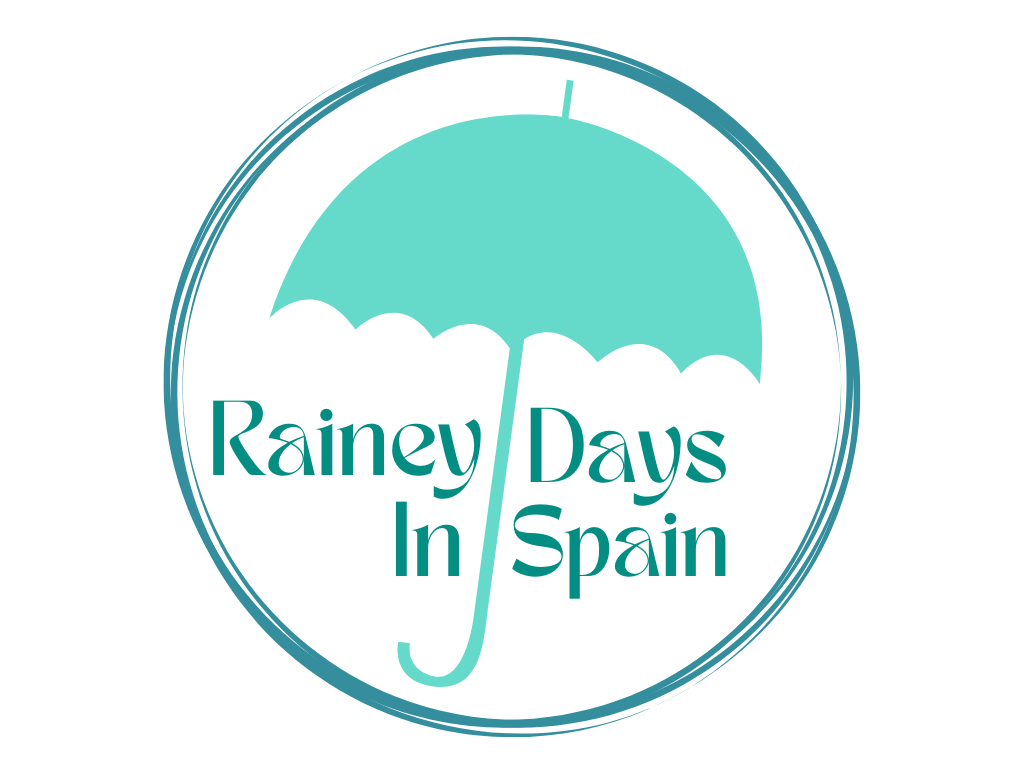Worth the Read: The Infinite Game by Simon Sinek
One of the best books I read in 2020 was The Infinite Game. I wanted to review it here the *entire* time I was reading it, but I waited for two reasons: one, I listened to it on audio, and I wanted to re-read a few passages, thus waiting a while for the library digital edition, and two, I ordered it from Amazon in Spanish, so I could discuss it first with key friends here—it was THAT good.
Simply put, The Infinite Game refers to a concept in which we are not trying to win; we are trying to keep the game going forever.
In the business sense, that means that we look beyond setting goals to compete with our closest competitor—a finite game in which the yearly earnings would prove one better than the other. Instead, we try to maintain the game; what if we compete against ourselves to produce consistently better products?
Saying, “We want to build a better phone than the iPhone 12” may be a noble goal, but it’s narrow. Saying, “We want to build the best phone the world has ever seen,” means you’ll be working forever, but also introducing all sorts of ideas and technology that benefits the world in many ways, most likely not just in mobile phones. That goal will never stop, and everyone gains from the ingenuity.
In addition, that type of broad-minded, world-changing perspective will lead to a strong team-based, collaborative culture, accomplishing far more than mere numerical goals to beat the competitor. However, finite competitors that desire to “win” end up producing *systems,* not an influential culture. The result will be poor ethics. It doesn’t take long to cut corners, to lie or commit corporate theft, or any other ethical violation, if your goal is to outsell or outproduce your competitor. The stakes are so high that it becomes “justifiable” to violate ethics in the name of winning. An “infinite game” encourages focused participation and cooperative results.
You may be wondering, why does she read so many business and leadership books? I’m a missionary, for Pete’s sake. Also, going further, why would I say that this book should be a must-read for every minister? Simply this:
I extrapolated evangelistic applications on every page of this secular business book. There is no more “infinite game” than the Gospel. Until the return of Christ (when night comes and no man can work), we must keep playing. Sadly, if we focus on other churches as our “competitors” or other pastors as our “competition” we look to them as we set our goals, instead of broadening our perspective to see ALL of us together in the pursuit of excellence for the Kingdom’s gain. A “infinite game” minded pastor will share resources, plant baby churches, and develop their staff so that the next generation can go and do *even more* than that pastor has. They will not fear the talent or success of others as a threat to their own ministry. They won’t wrestle with ecclesiastical envy if they know that we’re all winning when others advance God’s kingdom. (Again, all of this is my own application; the book does not talk about the Church.)
That, and many other lessons, were worth my reading this book in multiple formats and languages, as well as talking about this to the point of driving my friends crazy over the past few months! If you read it, let’s talk about it!

